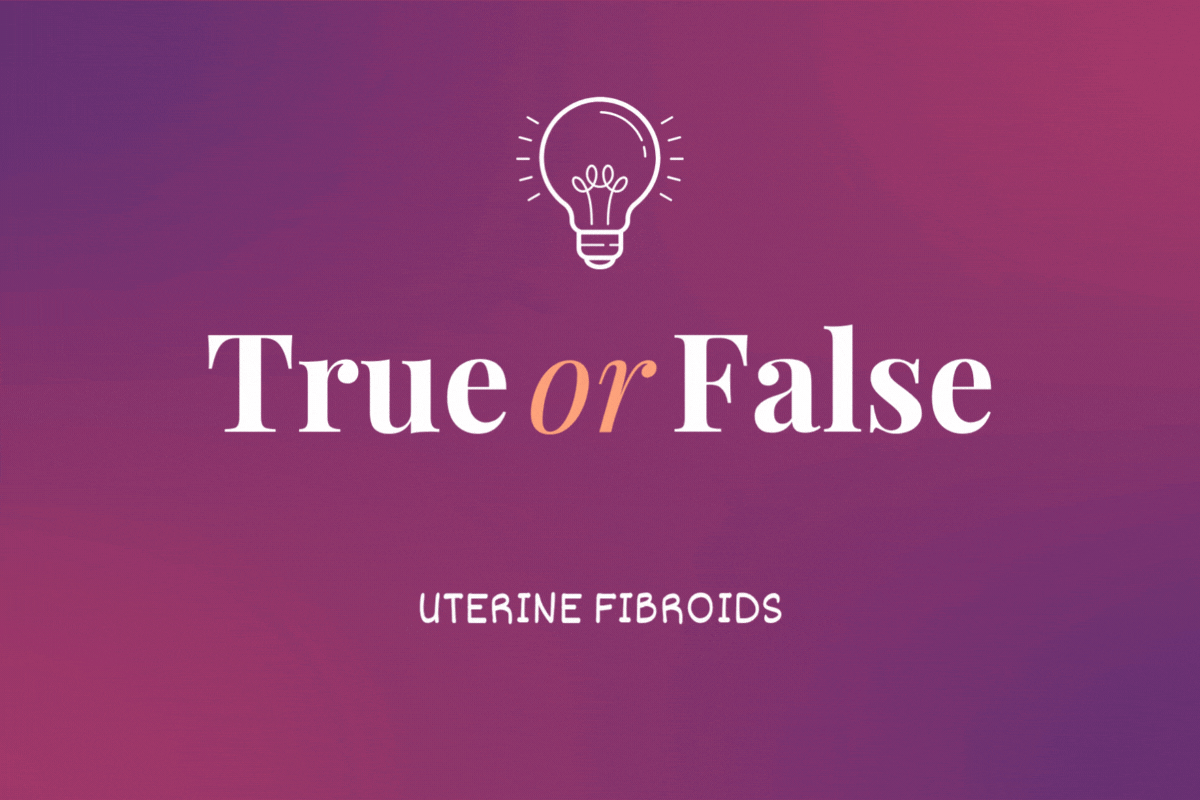Nutritional Supplements Unpacked: Practical Insights for Clinicians
Photo Credit: iStock.com/Andy
Despite mixed evidence, 75% of Americans take nutritional supplements, underlining the need for educated, open physician-patient dialogue regarding their use.
A Council for Responsible Nutrition (CRN) survey published in October 2024 revealed that an estimated 75% of Americans use nutritional supplements.1 In addition, the NIH Office of Dietary Supplements reports that more than one-third of adults and one-quarter of pediatric patients in the US take a daily multivitamin supplement.2 Literature has documented an array of reasons individuals elect to take nutritional supplements, including improving or maintaining health, preventing or addressing nutritional deficiencies that cannot be met through diet alone, and supporting medical condition or lifestyle demands.3,4
Pandemic-Driven Shifts in Behavior
According to a news release from August 2020, a CRN survey revealed that during the COVID-19 pandemic, 43% of supplement users modified their routines: 91% increased overall intake, 46% added new supplements, 25% took their usual supplements more consistently, and 22% increased dosages. Multivitamins, vitamin C, and vitamin D were most commonly used, and 83% of respondents believed supplements supported overall health and well-being.5
Physician Engagement & Barriers
A more recent survey showed that 64.8% of primary care physicians consider nutritional supplements vital, yet 38.8% rarely or never discuss them with patients during preventive examinations. Those physicians who personally used supplements or viewed them as important were more likely to discuss them with patients. Time limits (24.9%), competing priorities (21.4%), and uncertainty about products (20.5%) were listed as primary barriers to discussion. The authors concluded, “Our findings emphasize the need for more proactive engagement by physicians in addressing supplement use with their patients.”6
The Ongoing Debate
For many years, a debate has been ongoing regarding the health benefits associated with the use of nutritional supplements, fueled by conflicting data. Research varies extensively: some studies demonstrate that certain supplements may provide health benefits, whereas others suggest they have little to no effect, or even potential risks.7,8
The NIH Office of Dietary Supplements cites scientific evidence supporting the benefits of certain dietary supplements (eg, vitamins and minerals) for specific health conditions but notes that others warrant further study.9
A study published in JAMA Network Open discussed an analysis of data from nearly 400,000 healthy US adults followed up for more than 2 decades, which found no association between regular multivitamin use and lower mortality risk.10
Conversely, a study published in The American Journal of Clinical Nutrition that examined the impact of daily multivitamin use on cognition and involved 573 participants through the COSMOS trials, as well as a meta-analysis of data from more than 5,000 individuals across three related studies, demonstrated a statistically significant cognitive benefit from daily multivitamin use, suggesting potential for slowing memory decline and cognitive aging in older adults.¹¹
Inside Perspectives
For clinicians interested in gaining more insight into their patients’ use of nutritional supplements, Danielle Green, RDN, IFNCP, LRD, recommends: “First, when addressing benefits of nutritional supplementation, one must understand the difference between nutrient deficiency versus nutrient insufficiency. With this in mind, it will give insight into determining the amount and duration of any one nutritional supplement that would be needed. The biggest benefit to adding nutrition supplementation, after an overall lifestyle foundation, is the ability to personalize an individual’s health routine to ensure that the person is at optimal levels per their health needs and performance goals (for example, participation in sports, focus at work, daily chores around the house, etc.).”
A community pharmacist reflected, “In my almost 20 years of practice, I typically have a few patients inquire about the use of dietary supplements either as a proactive approach or as a concern about nutritional supplements to avoid deficiencies due to taking a certain medication or due to a chronic medical condition. The COVID-19 pandemic resulted in a surge of interest in nutritional supplements, especially immune-boosting supplements such as vitamin C, vitamin D, and prebiotics and probiotics. I think many people tried to ensure their immune systems were strong. During respiratory virus season, there is a lot of interest in nutritional supplements. During counseling, I always remind patients to discuss the risks versus benefits with their primary healthcare provider, especially if they have medical conditions or are taking other medications, only to use supplements from reputable manufacturers, and to adhere to the recommended dosage. I take nutritional supplements daily, and I believe that these supplements can be beneficial when used as directed in conjunction with healthy lifestyle habits such as exercise, obtaining sufficient sleep, and routine healthcare.”
An internist added, “I think the use of nutritional supplements is a personal choice, and many of my patients take various types of supplements for different reasons. I always ensure that the supplements that patients use do not interact with current medications or are not contraindicated with their medical conditions. I also remind patients that there is no substitute for a healthy, balanced diet. While I don’t take supplements daily, I do believe that some patients struggle with obtaining an adequate amount of the recommended nutrients in diet alone, and all considerations for the use of nutritional supplements should be tailored to each patient’s individual needs.”
A patient living with hypertension and cholesterol issues shared, “I think that supplements are important to my health. I take a multivitamin because my diet restrictions due to health may limit my intake of some vitamins and minerals. I always talk to my doctor about supplements before taking them to make sure they are safe.”
Key Takeaways for Practice
The decision to use nutritional supplements rests with the individual; however, clinicians must guide patients toward safe, evidence-based choices. Discussions with patients should emphasize adherence to recommended dosages, awareness of drug-nutrient interactions and contraindications, and the primacy of a healthy, balanced diet. Patients should be reminded that nutritional supplements are adjuncts—not substitutes—for healthy eating and are not intended to treat or prevent diseases.
The NIH Office of Dietary Supplements offers an excellent patient education resource.
Any views and opinions expressed are those of the author(s) and/or participants and do not necessarily reflect the views, policy, or position of Physician’s Weekly, their employees, and affiliates.
Source link
Share this article:











